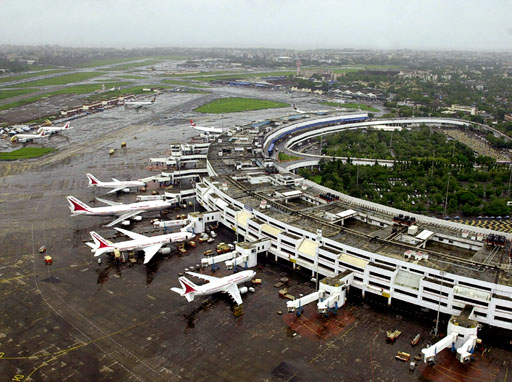Jan 15: Amazon.com Inc Chief Executive Officer Jeff Bezos is facing a bitter welcome during his India visit this week as the country’s antitrust regulator initiated a formal investigation just hours before his arrival and trader bodies comprising millions of infuriated small store owners announced demonstrations.
Bezos is in New Delhi for the Smbhav summit, an Amazon India event for small and medium businesses. The billionaire is scheduled to conduct a fireside chat with Amazon India chief Amit Agarwal, anchoring an event that also features Infosys Ltd. co-founder Narayana Murthy and retail billionaire Kishore Biyani, who recently sold a stake in his retail group to Amazon. Ahead of the event, Bezos paid his respects at Mahatma Gandhi’s memorial, wearing a white tunic and a rust-colored Indian vest.
The small businesses that Amazon’s CEO is hoping to endear himself to, however, are organizing in opposition. The Confederation of All India Traders announced that members of its affiliate bodies across the country would stage sit-ins and public rallies in 300 cities to raise a war cry against the world’s largest online retailer. In a letter to Prime Minister Narendra Modi last week, the confederation’s Secretary General Praveen Khandelwal alleged that Amazon, much like Walmart Inc.-owned Flipkart, was an “economic terrorist” who engaged in predatory pricing that deprived the government of tax revenue and “compelled the closure of thousands of small traders.”
India’s e-commerce market is projected to grow to $150 billion by 2022, according to a 2018 report by software industry group Nasscom and consulting firm PwC India. Competition for this rapidly expanding sector is intensifying as Asia’s richest man, Mukesh Ambani, prepares to go live with JioMart, an online shopping platform challenging Amazon and Walmart directly. The latter’s Flipkart Online Services Pvt is also delving deeper into the countryside in its pursuit for more customers. Amazon, for its part, opened a huge office complex in the southern city of Hyderabad in September, underscoring its commitment to the country.
The Competition Commission of India said it would probe the deep discounts, preferential listings and exclusionary tactics that Amazon and Flipkart are alleged to have used as anti-competitive levers. India’s trade bodies have long argued that both retail giants were flouting rules by promoting sales and discounts through their favoured sellers, many of whom they have preexisting commercial arrangements. The regulator has ordered for the investigation to be completed within two months.
Bezos last visited India in 2014 under starkly different circumstances. During that trip, the Amazon founder wore local festive garb, rode atop a festooned truck for a photo opp and presented Amazon’s Indian unit with a giant check for $2 billion. Since then, Amazon has pledged a further $3.5 billion to expand in the country.
 Mumbai, Aug 26: Elaborate precautionary arrangements have been put in place at the Mumbai Airport to screen the 112 stranded Indians, who are expected to arrive on Tuesday by various flights from and around the Ebola-hit Liberia, authorities said in Mumbai on Monday.
Mumbai, Aug 26: Elaborate precautionary arrangements have been put in place at the Mumbai Airport to screen the 112 stranded Indians, who are expected to arrive on Tuesday by various flights from and around the Ebola-hit Liberia, authorities said in Mumbai on Monday.




Comments
Add new comment